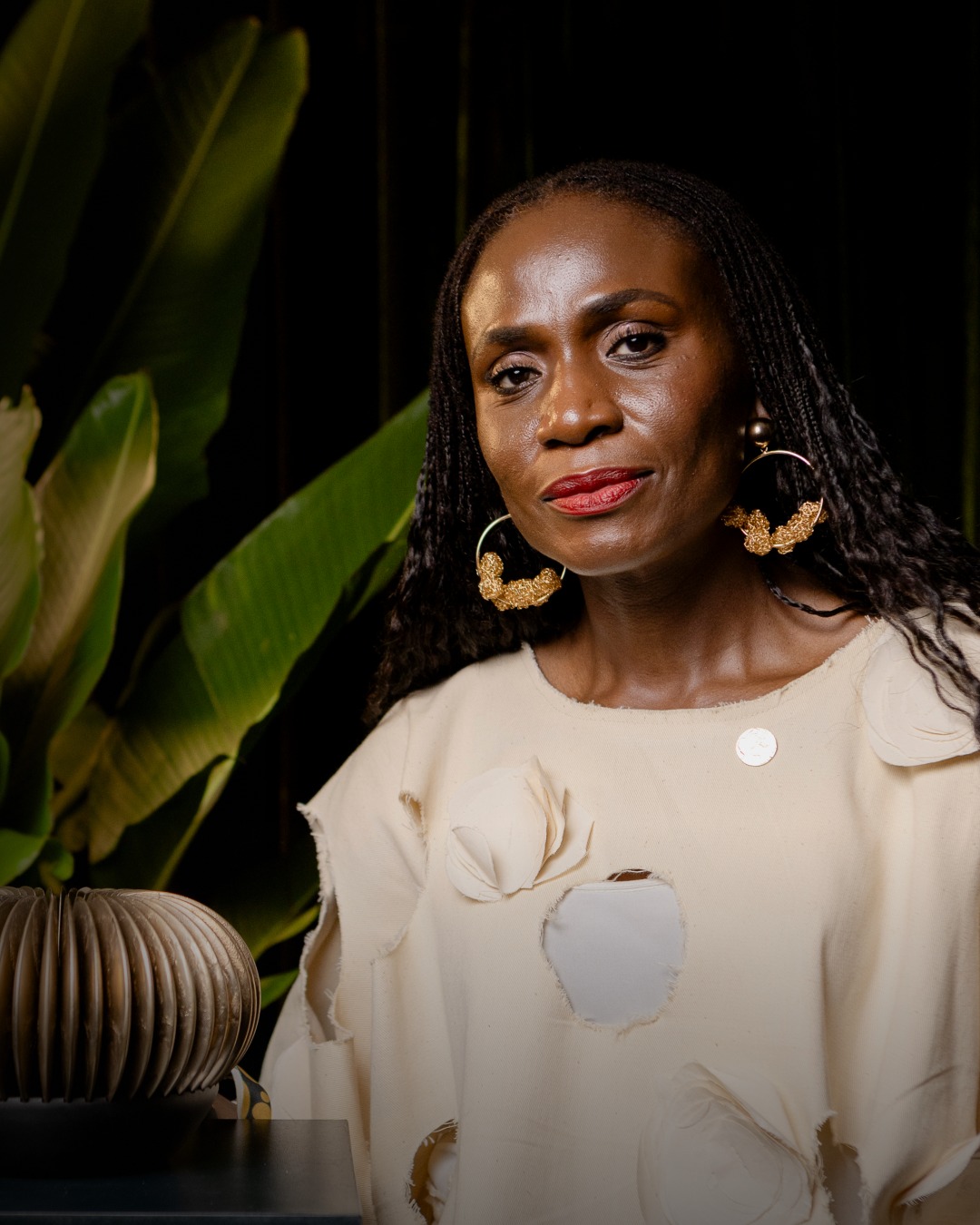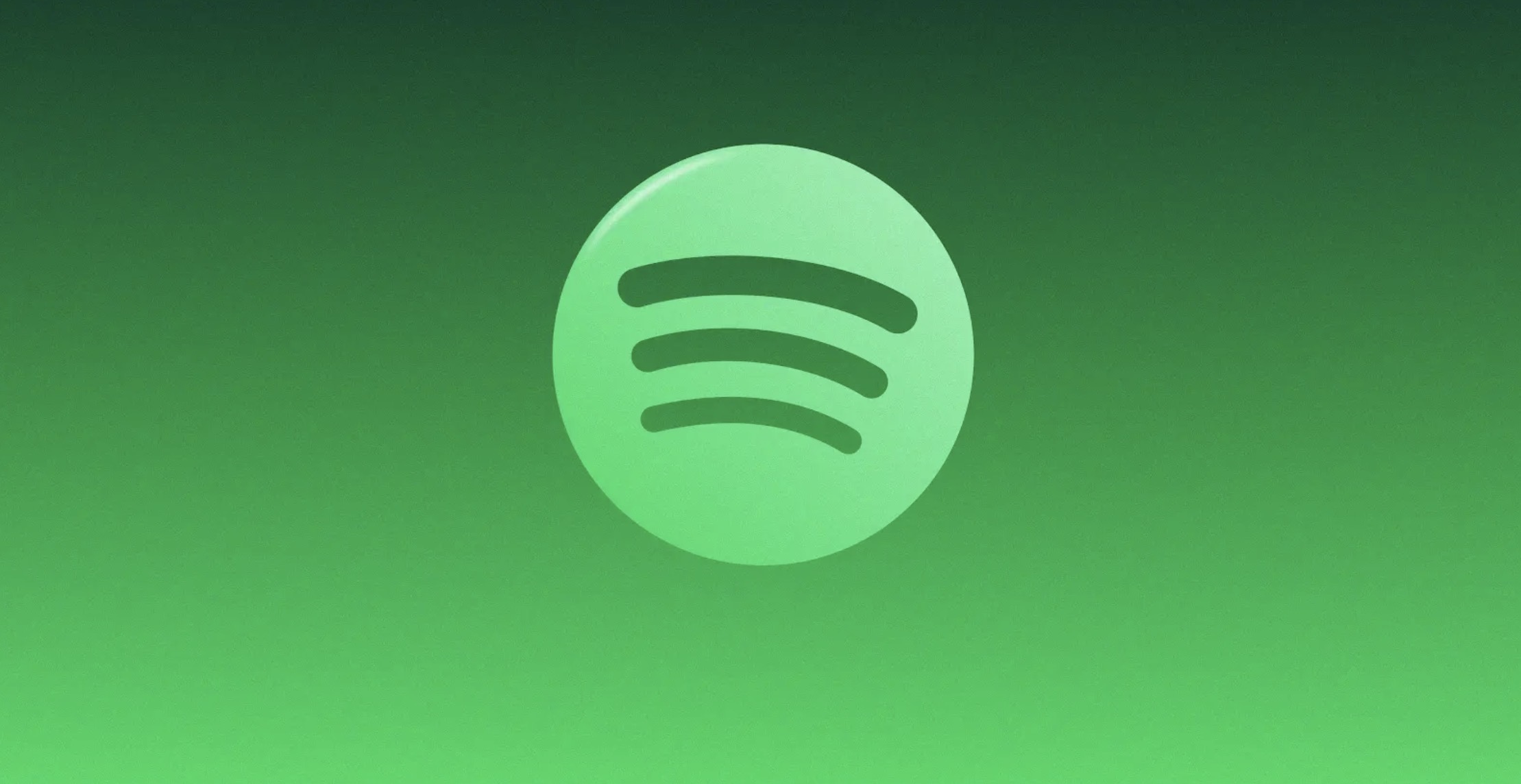By NneamakaJ
Before now, the Nigerian music industry was considered mediocre and limited to a certain style and way. You only get to listen to music on radios and watch the music videos on television (and that’s if it is accessible) or attend live concerts and with lots of money in your pocket to gain access to watch these musicians sing. The honing of this music talent wasn’t profitable as well as Nigerian artistes singing under very few genres and in a certain type of way. It is safe to assume that they were a tad bit scared to explore and create new tunes.
We’re however not wrong to state that music made from 2010 downwards was beautiful. We only got better with our tunes and the arrival of new blood into the music industry.
There is a better consumption of music via digital streaming platforms on phones and laptops outside the conventional channel of music consumption being radios and televisions. The presence of these digital platforms such as Deezer, Spotify, Audiomack, Boomplay etc have created a better atmosphere for music enjoyment as people can now listen to music at their own personal comfort.
Legality
Also, there’s a greater sense of consciousness that artistes attach to their every action; the need to get legal signings for everything and anything that concerns them and their brands (artistes are brands). Music is a profession in its own way and thus there is the need for professional steps, the reason why legality is involved.
The legality involved in this is of advantage to the circulation of music as distributors are contacted on the call of these musicians’ labels and there is a wider spread, a feat that can’t be achieved solely.
Visibility
Visibility to the outer world is another great evolution in the music industry. The presence of social media such as Tik Tok, Twitter, Instagram, Snapchat has helped growing artistes in gaining the visibility that they need to push their music. The great Mayor of Lagos himself, Mayorkun came to the limelight this way via Twitter. Tiktok is a great app also as it goes beyond Nigeria shores; a great tool for music distribution. Hence the need for Tiktok challenges by some artistes. In recent weeks, Ckay has achieved great success owing to Tiktok, with his song “Love Nwantiti” debuting on Billboard 100.
More Profit Making Channels
On the term of profit-making, artistes can now solely base their source of livelihood on music as there are thousand and one ways to make so much money doing what they love. How? Artistes get royalties from anything that involves the use of their music, with their permission. Most of these royalties are derived from copyrights. They also get profits from streaming devices such as Apple Music through subscription fees and advertising. Artistes are brands like earlier stated, this implies that they also get paid for ad campaigns, shoots and other lucrative means that involves the influence of their brands; take, for instance, Burna Boy, Cuppy, Wizkid and Davido on Pepsi advert as brand ambassadors.
Modernization of Sounds
The most obvious evolution in the music industry has to be the exploration of commonly known genres and music to artistes. I would like to term it as ‘singing outside the box’. Taking a look back at then and now, many of these artistes have improved so greatly on their sounds and have ushered in new styles to their previously recognised sound. Wizkid’s Made in Lagos and Olamide’s UY Scuti are perfect examples of the great improvement of their tunes as compared to their debut albums Superstar and Rapsodi respectively. The difference between these artistes’ debut albums and current albums are clear.
Re-emergence of Classic Sounds
Asides from the improvement of tunes, there has been a rejuvenation of the classic genre; palmwine music, highlife, apala, etc. As opposed to the thought of it not being enjoyable by music lovers of the 21st Century, these genres are doing quite the number on Nigeria music charts all thanks to The Cavemen, Umu Obiligbo, Zoro, Terry Apala amongst others.
Let’s not forget also the introduction of new genres such as alternative music, afro RnB, soul music and many more. There are different genres that now suit the personalities of music lovers and also an avenue for growing artistes to discover themselves without the need to shrink ‘in the box’ (Restricting themselves to music commonly accepted by and known to Nigerians).
The evolution of the music industry in Nigeria encompasses many facets that cannot be overemphasized. Thanks to evolution, Nigeria has become a known mother of Afrobeat in Africa and outside the continent. We’re never wrong to say Afrobeats to the world, Nigeria to the world.




